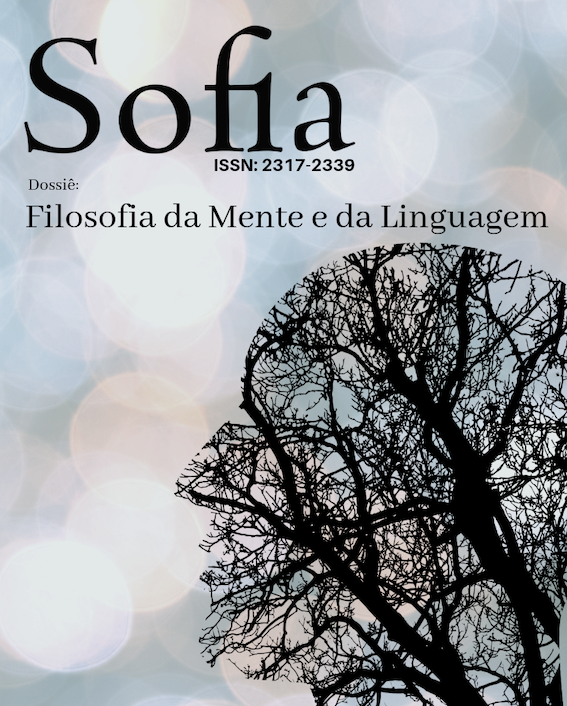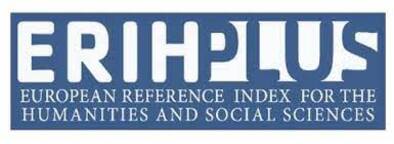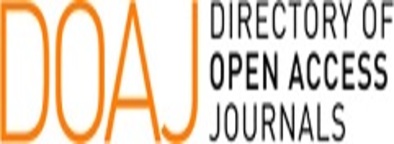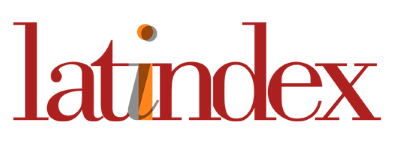The obscure content of hallucination
DOI:
https://doi.org/10.47456/sofia.v8i1.23760Abstract
Michael Tye (2009) proposed a way of understanding the content of hallucinatory experiences. Somewhat independently, Mark Johnston (2004) provided us with elements to think about the content of hallucination. In this paper, their views are compared and evaluated. Both their theories present intricate combinations of conjunctivist and disjunctivist strategies to account for perceptual content. An alternative view (called “the epistemic conception of hallucination”), which develops a radically disjunctivist account, is considered and rejected. Finally, the paper raises some metaphysical difficulties that seem to threaten any conjunctivist theory and to lead the debate to a dilemma: strong disjunctivists cannot explain the subjective indistinguishability between veridical and hallucinatory experiences, whereas conjunctivists cannot explain what veridical and hallucinatory experiences have in common. This dilemma is left here as an open challenge.Downloads
Download data is not yet available.
Downloads
Published
05-09-2019
How to Cite
Alves, M. A. S. (2019). The obscure content of hallucination. Sofia , 8(1), 30–53. https://doi.org/10.47456/sofia.v8i1.23760
Issue
Section
Dossiê Filosofia da Mente e da Linguagem

















